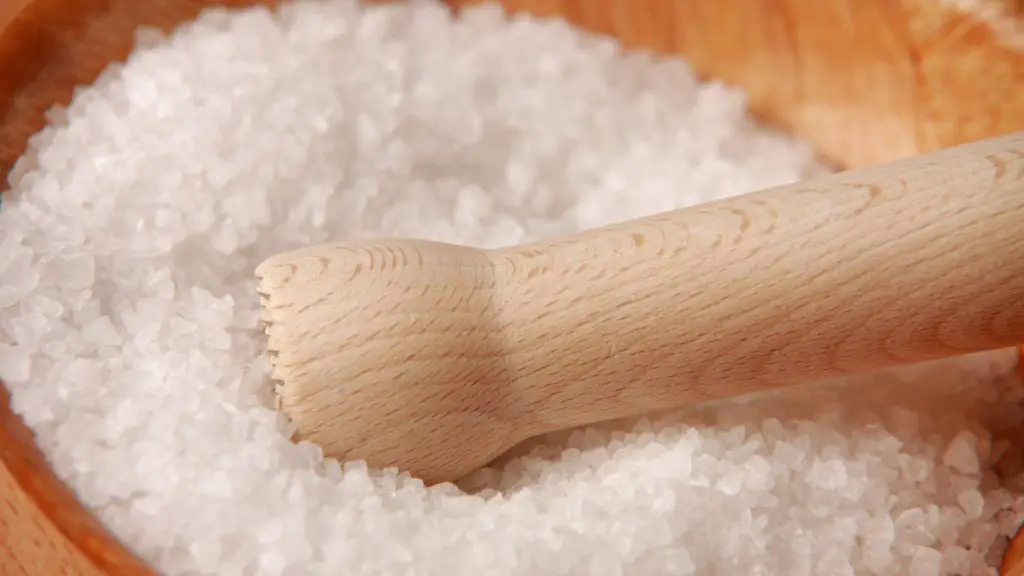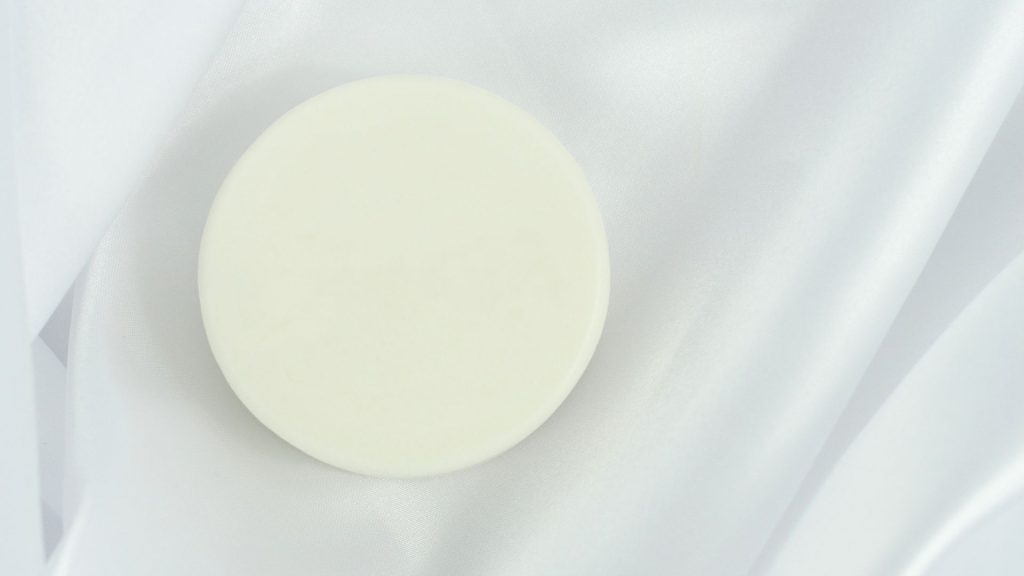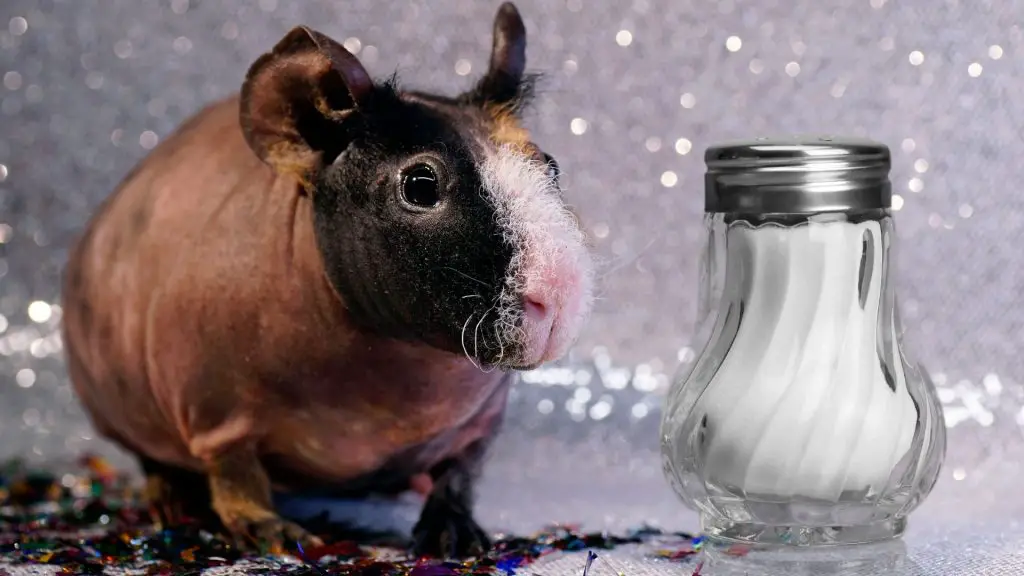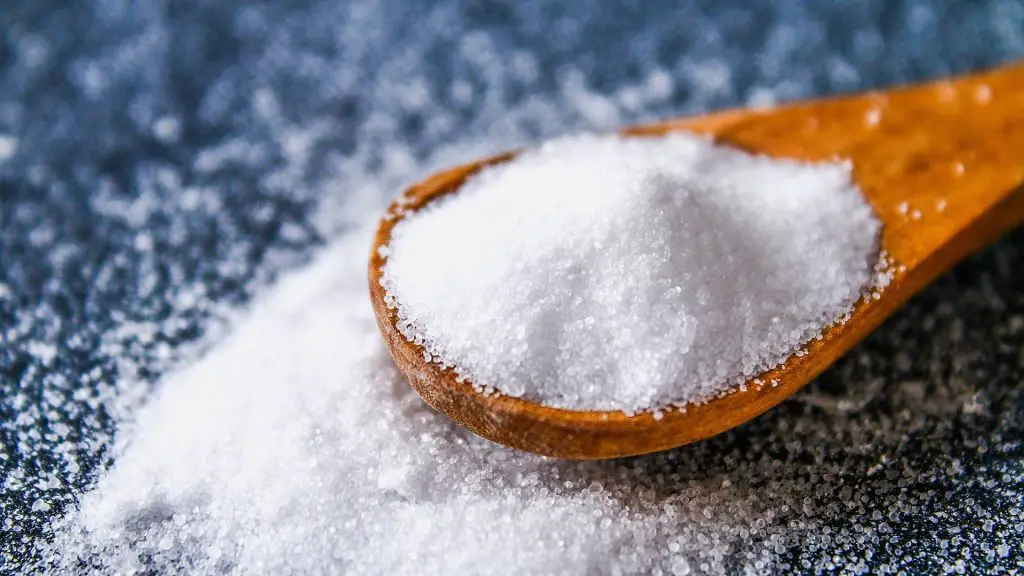Guinea pigs have specific needs different from other pets regarding nutrition. They need particular vitamins and nutrients from their foods to benefit their overall health. Another essential thing to discuss is salt because many owners think this is important for guinea pigs.
Do guinea pigs need salt or salt pools? Guinea pigs do not necessarily need salt or salt pools. Sodium, which is present in salt, keeps guinea pig’s cells hydrated and absorbs nutrients; this can also be found in vegetables, some fruits, and vitamin C supplements. On top of that, salt is not the best option for guinea pigs, as it can produce bladder stones, which can sometimes be deadly.
In this article, we’ll talk more about salt spools, as well as the potential risks of introducing salt to guinea pig’s diets.
Table of Content
Is Salt Good for Guinea Pigs? | Health Benefits

Salt, a composition of sodium and chloride, is known for its great benefits for humans. Sodium, which is one of the elements of salt, can also be found in vegetables, some fruits, and vitamin C supplements.
The salt promotes vascular health, helps you stay hydrated, prevents muscle cramping, and improves sleep. Some types of salt are also known for containing minerals such as sodium, potassium, calcium, and magnesium. These minerals are great for keeping the body healthy, not only for humans but also for guinea pigs. Calcium and magnesium are great for improving bone structure, sodium and potassium are great for preventing muscle cramps.
What Are Salt Spools?

Guinea pigs can eat a small amount of salt, and you can give it to them in the form of salt spools. Salt spools are compressed cylinders containing salt that intends to provide minerals to your pet. Some guinea pig owners say that salt spools are bad, but some are giving their pigs salt spools, and the general opinions about this topic are very different from each person.
On the other hand, guinea pigs need a bit of sodium too. Sodium is great for preventing muscle cramps, balancing fluids in the body, and lowering blood pressure. Salt spools are attached to the side of the cage and used by a guinea pig, according to its needs.
How to Use Salt Spools?
The salt spool should be used in a way that your guinea pig has unrestricted access to it whenever its body feels the need for it. Also, the salt spool should be firmly attached to the side of the cage but should not interfere with food and water.
The general recommendation is that the salt spool stays at a place where bedding can’t touch it. If the bedding gets trapped around a salt spool, it’s very hard to clean it, and you must buy a new one.
What Are the Types of Salt Spools?
Here are the three different types of salt spools:
White Salt Spools
The ordinary white salt spools are here to give your guinea pig a boost of minerals if it already gets enough of them from nutrition. This type of salt spool is great if your guinea pig eats a lot of hay, vegetables, and fruit. For those who are feeding guinea pigs with pellets, this type and any type of salt spool are not needed. You don’t want to overwhelm your guinea pig with minerals for the aforementioned reasons.
Mineral Salt Spools
As its name suggests, this type of salt spool is a bit different than the ordinary one. Mineral salt spools add vitamins and minerals to remedy potential deficiencies. Again, this one should be used with caution. If you’re already supplementing your guinea pig with vitamins and minerals with supplements, you don’t need this one.
Flavored Salt Spools
Guinea pigs love these for a simple reason – it comes in different flavors! These can be flavors of various vegetables, fruits, and hay. The only difference between these and plain salt spools is in flavor. Aside from that, there’s no addition of minerals and vitamins here.
Should you buy a flavored, mineral, or plain salt spool depends on the preferences of your pig. Some guinea pigs love flavored salt spools, while some will lick any kind of spool.
What Is the Purpose of Salt Spools?
The guinea pig is a mammal, and every mammal needs sodium (salt). Sodium is present in every type of food with salt—for example, dried meat, canned beans, canned fish, etc. But, as guinea pigs aren’t carnivorous animals, you’ll need to give them a dose of sodium directly from salt. The purpose of a salt spool is to supplement your guinea pig with sodium, which is vital in keeping guinea pig’s cells hydrated and absorbing nutrients from food.
Guinea pig’s muscles and nerves will also improve, as sodium helps in transmission signals between them. Since guinea pigs don’t eat salty food, they must receive sodium each day as we do. Sodium is continuously used when your guinea pig has any physical activity or when it simply doesn’t do anything. Everyday integration of sodium is very important for your guinea pig.
Do Guinea Pigs Like Salt or Salt Pools?

Salt is something that your guinea pig will either love or hate, depending on the pig itself. Some people buy salt spools for their guinea pigs, and their pets will either lick them or completely ignore them.
Is Salt Bad for Guinea Pigs? | Possible Risks
Salt and Bladder Stones
Some salt varieties contain a lot of minerals such as calcium, sodium, potassium, and magnesium, which were mentioned earlier. But having an excessive amount of minerals in your body can produce bladder stones. Bladder stones are not produced only by salt but also by water that contains minerals. Unfortunately, guinea pigs can also suffer from this condition, which can be life-threatening.
Bladder stones are hard masses of minerals in the bladder. These stones result from the crystallization of minerals concentrated in the urine. Symptoms of bladder stones usually include abdominal pain, frequent urination, and blood in the urine in severe cases. Bladder stones also come in various sizes and vary from casual to severe.
For an average human, the recommended amount of salt per day is 5 to 6 grams, and for guinea pigs, well, that recommendation doesn’t exist, but you can probably imagine how small it would be. Still, guinea pigs can consume salt in a tiny amount using salt spools.
Here is a video about bladder stones in guinea pigs:
Salt and Bloat
Salt is known to produce water retention, and as such, bloat can occur. However, bloat from water is less dangerous than foods that produce bloat. If your guinea pig gets bloated by drinking a lot of water, it will probably urinate more often and also eliminate gas out of the body.
Some pellets that you can buy at a pet shop also contain traces of salt. However, that amount of salt is decent for your guinea pig and won’t cause any trouble. If you feed your guinea pig with pellets, you don’t need to include additional salt in a diet for reasons mentioned above – bloat and possibility of bladder stones.
Sodium Deficiency in Guinea Pigs

There are no notable cases of sodium deficiency in guinea pigs. While sodium deficiency can cause muscle cramps, dizziness, and vomiting in humans, guinea pigs can be perfectly fine without sodium or salt in general. That’s why giving your guinea pig some salt isn’t obligatory, but it sometimes helps to maintain health and reduce muscle cramps.
On the other hand, too much sodium and other minerals from salt can harm guinea pigs for the reasons mentioned above.
Summary
Guinea pigs don’t need salt, but they also don’t have any negative effects from occasional consumption. While the salt spools are great for giving your guinea pig a decent amount of sodium, they can also be bad if they’re overused. That’s why you need to observe your guinea pig if you use salt spool and see if it uses it too much.
Salt, in general, has a lot of health benefits for humans, but guinea pigs would need to stay away from the excessive amount. Alternatively, you can always feed your pigs with pellets, where they can get a small and healthy amount of salt.
Don’t feel obligated to give your guinea pigs salt. They definitely don’t need it to survive!
